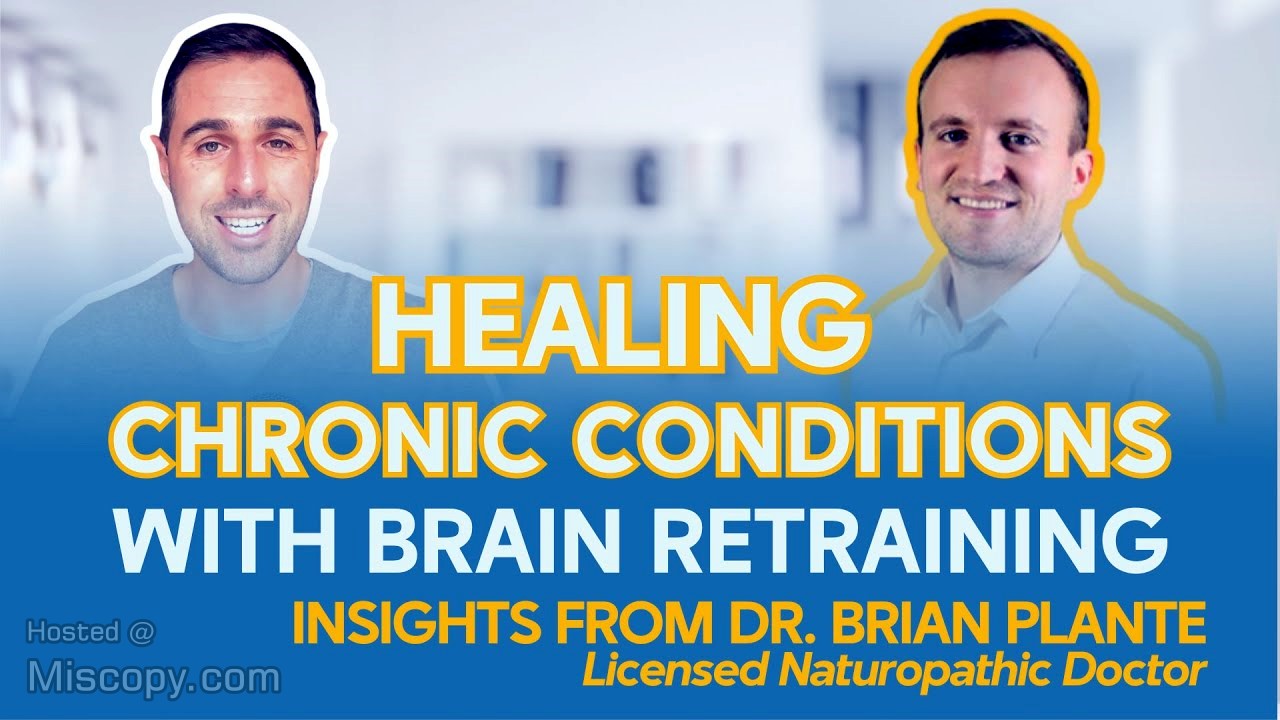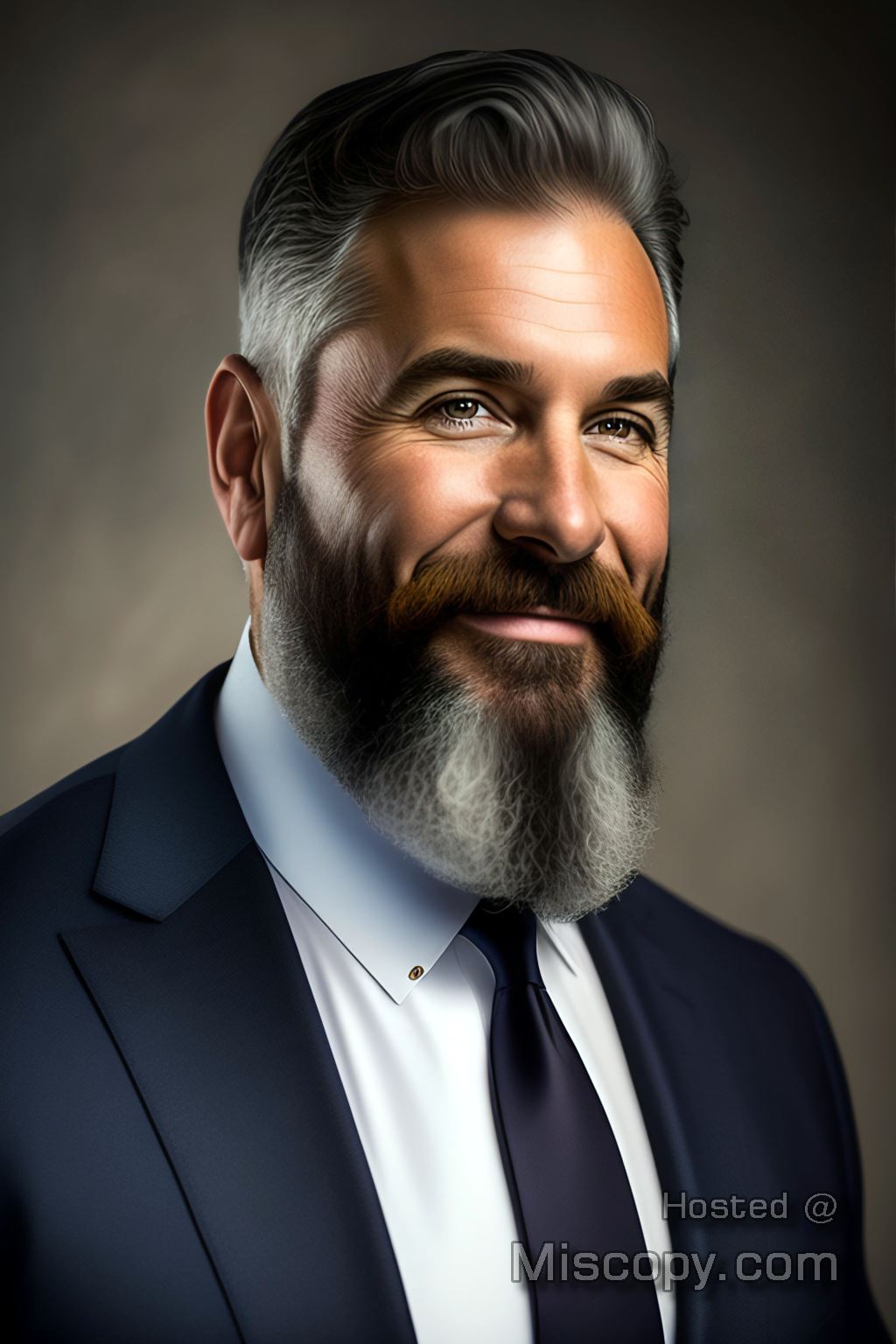In the YouTube video “Healing Chronic Conditions with Brain Retraining: Insights from Dr. Brian Plante,” Dr. Plante, a licensed naturopathic doctor specializing in Integrative Health Care from the National University of Natural Medicine, discusses his work in treating complex chronic conditions, including Lyme disease, environmental toxicities, autoimmune conditions, and neurological and psychiatric disorders. He emphasizes a holistic approach to mental and physical health and the importance of understanding and compassion in empowering patients.
Dr. Plante also highlights the role of the brain in complex chronic conditions and the benefits of brain retraining and neurological exercises in developing tolerance, capacity, and resilience. He shares his background and interest in complex infections and mental health care, combining his expertise to provide comprehensive care for patients with chronic complex illnesses, such as Lyme disease, mold toxicity, and neurological disorders.
The discussion revolves around the interplay between brain function and pathogenic infections, the importance of addressing brain issues, and the concept of expanding one’s capacity to feel safe to manage stressors.
Dr. Plante emphasizes a holistic approach to mental and physical health and the importance of understanding and compassion in empowering patients to navigate their health journeys.
Dr. Plante shares his background and what led him to the field of integrative and functional medicine. He explains that he was drawn to the idea of being a “Healer” and facilitating healing, which led him to discover naturopathic medicine. Naturopathic doctors are trained as primary care physicians with an emphasis on chronic illnesses, including thyroid and adrenal issues, digestive disorders, hormone imbalances, allergies, and asthma.
Dr. Plante also mentions his interest in complex infections and mold toxicity, which he was exposed to during his residency in California. He emphasizes the need to use both conventional medical training and naturopathic skills to support patients with these conditions, as they often involve multiple organ systems. Dr. Plante’s passion for mental health care led him to work with patients with complex chronic illnesses, combining his expertise in various areas to provide comprehensive care.
He also discusses Long Haul Covid (lol), chronic viral infections, mold toxicity, heavy metal toxicity, disautonomia (including POTS and adrenal issues), and more nuanced conditions like Massal Activation Syndrome and multiple chemical sensitivity syndrome. He explains that these conditions share some similarities and fall under the umbrella of chronic complex illness.
When someone comes to the clinic with multiple symptoms, the first step is to identify the area of dysfunction that requires the most support. Common features of imbalance include sympathetic versus parasympathetic nervous system issues, nutrient absorption problems, detoxification issues, and immune disregulation. By focusing on these categories, healthcare professionals can provide comprehensive support without overwhelming the patient.
Dr. Plante also mentions the use of SPECT scanning to understand chronic conditions better, specifically looking for global reduction in blood flow and inflammatory patterns. However, SPECT scanning doesn’t provide specific information about the cause of these patterns without further investigation.
When discussing conditions related to the brain and the limbic system, Dr. Plante explains that issues with the temporal lobes, which regulate mood, emotion, and memory, are common in neurodegenerative cases and can lead to a reduction in temporal lobe blood flow. He also mentions the importance of targeting the regulatory system, particularly in cases of PTSD, Massive Activation Syndrome, and multiple chemical sensitivity syndrome.
The doctor emphasizes that the brain is an organ that is both hardwired into the body and wirelessly connected to it, and disturbances in the rest of the body can influence brain function and cause neurocognitive symptoms and regional brain structural changes. Mechanisms such as neuroinflammation, disruption to the blood-brain barrier, and toxicity from pathogens can lead to nerve cell dysfunction and rewiring of brain circuits in maladaptive patterns, resulting in sickness behaviors, depression, anxiety, insomnia, and a vicious cycle that makes it difficult to recover.
Tthe discussion then revolves around the interplay between brain function and pathogenic infections, specifically Lyme disease. Dr. Plante explains how bacterial infections can lead to changes in the brain and symptoms that seem unrelated, and how brain retraining can influence the internal environment to make it less hospitable to pathogens. He also talks about the role of the hypothalamus in regulating homeostasis and how its dysfunction can lead to various downstream effects on physiology.
Critical factors for long-term recovery include addressing physical systems, identifying and addressing underlying infections, environmental toxicants, nutritional deficiencies, sleep apnea, and emotional and psychological trauma. Treatment typically involves rebalancing or modulating the immune response, giving the body the nutrients it needs, and detoxifying the body.
Dr. Plante suggests referring trauma victims to specialists for EMDR, brain spotting, somatic experiencing, or neurofeedback to help rewire the brain. He also highlights the importance of a comprehensive approach, combining brain retraining with functional medicine practices. The doctor explains that for some patients with chronic complex illnesses, the menu of tolerable treatments is limited, and brain retraining can broaden therapeutic options. He also mentions that certain conditions, such as Multiple Chemical Sensitivity Syndrome and Electromagnetic Field Hyper-Sensitivity Syndrome, have a significant limbic component, making brain retraining an essential part of their treatment plan.
He explains that some patients may not experience any improvement or even detox reactions due to an ongoing state of fight or flight and difficulty regulating their emotional state. Dr. Plante emphasizes that this regulation is not about control but rather the ability to adapt to life’s ups and downs. He introduces the concept of the window of tolerance, which refers to the range of stress response activation and appropriate rest.
The goal of brain retraining is to restore the brain’s ability to self-regulate, allowing it to adapt to various circumstances without being overwhelmed. This concept is essential for individuals with chronic conditions to manage their symptoms effectively.
When discussing the concept of expanding our capacity to feel safe as a means to handle stressors in life, Dr. Plante uses the metaphor of surfing to describe the experience of trauma, explaining that the first encounter with a stressor can be overwhelming and potentially damaging, like surfing during a tsunami. In contrast, trauma therapy or brain retraining is likened to learning to surf on a calm day with a coach, gradually building tolerance and resilience.
The key to managing stress, according to Dr. Plante, is acknowledging that it can be adaptive when dosed properly and that the solution is not to avoid all stressors but to gradually reintroduce them within a tolerable range. He emphasizes the importance of feeling safe in one’s environment and body, which can be expanded through certain trauma therapy approaches. The ultimate goal is to broaden the window of tolerance, enabling us to maintain a sense of safety and self-regulation in the face of life’s challenges.
Dr. Plante emphasizes the significance of returning to a parasympathetic state after a sympathetic response, as getting stuck in a stressed state can be detrimental.
The conversation then shifts to the topic of physical exercise and its impact on the nervous system. Dr. Plante shares his observations that gentle, restorative exercises, such as Qi Gong and yoga, can be beneficial for individuals recovering from chronic conditions, particularly those suffering from post-exertional malaise. He explains that these exercises help build energy reserves and improve overall health.
The discussion also touches upon the idea that as individuals heal their nervous systems, their capacity to handle hard things, including physical exercise, increases. With this, Dr. Brian Plante discusses how small practices, such as positive self-talk and facing physically uncomfortable situations, can have a significant impact on one’s ability to handle stress and shift out of the sympathetic nervous system response.
He uses the analogy of a ping-pong match between emotional and physiological capacity and emphasizes the importance of not getting overwhelmed or burning out. The speaker also mentions the role of the prefrontal cortex in regulating the limbic structures and the sympathetic nervous system, and encourages listeners to celebrate small wins and keep going despite the long recovery process. Dr. Plante emphasizes that recovery from chronic conditions takes time, but is possible with the right support and tools.


